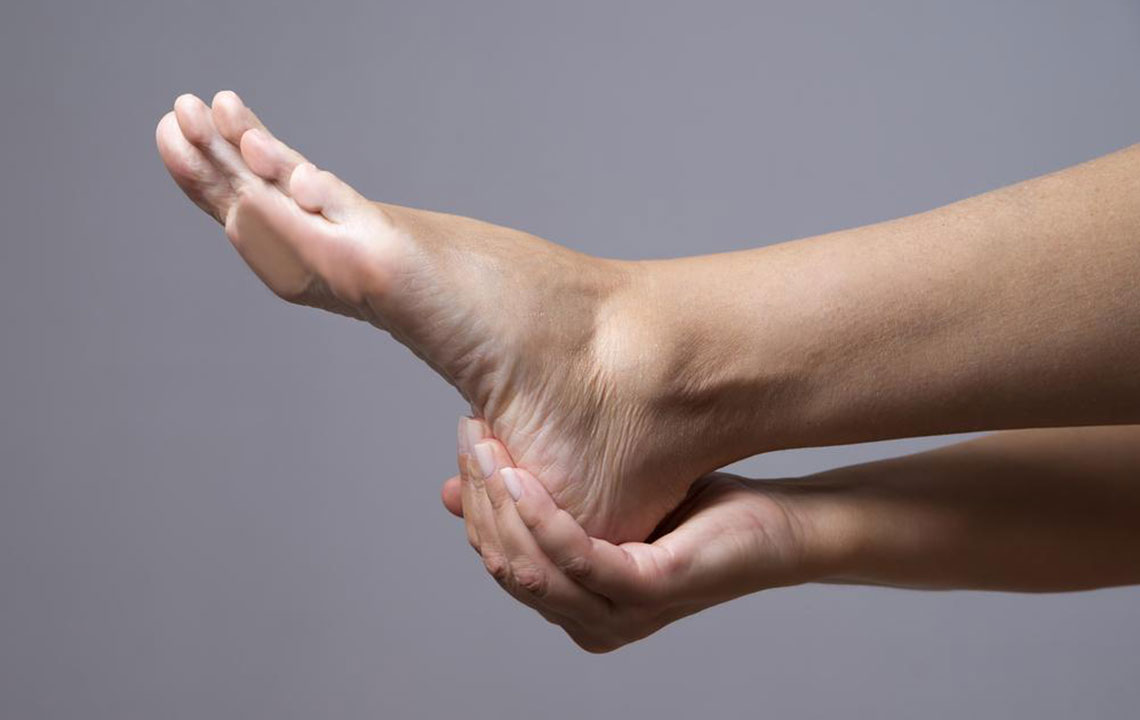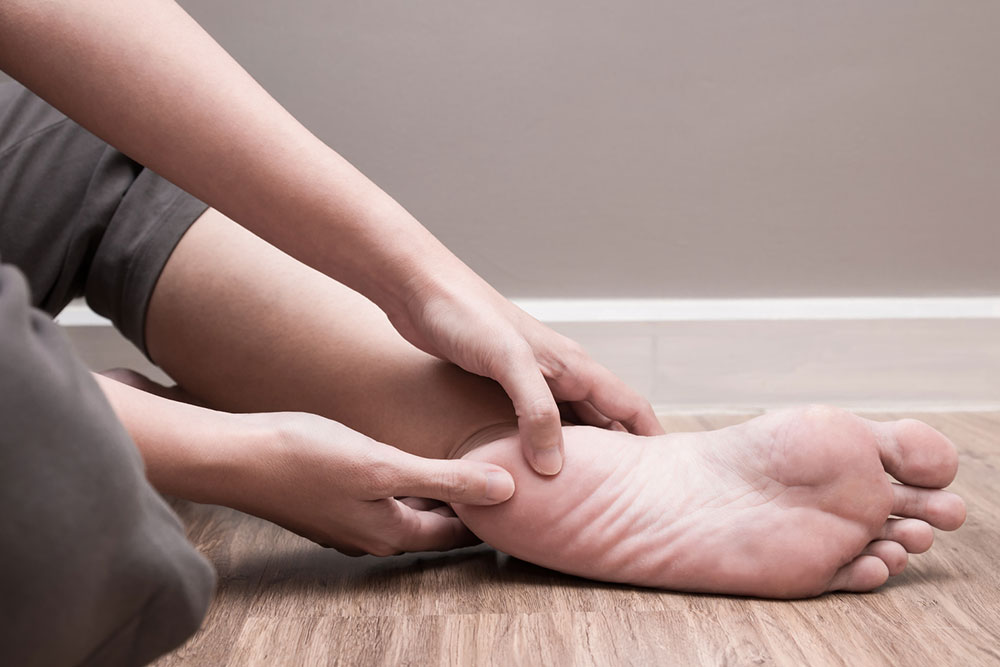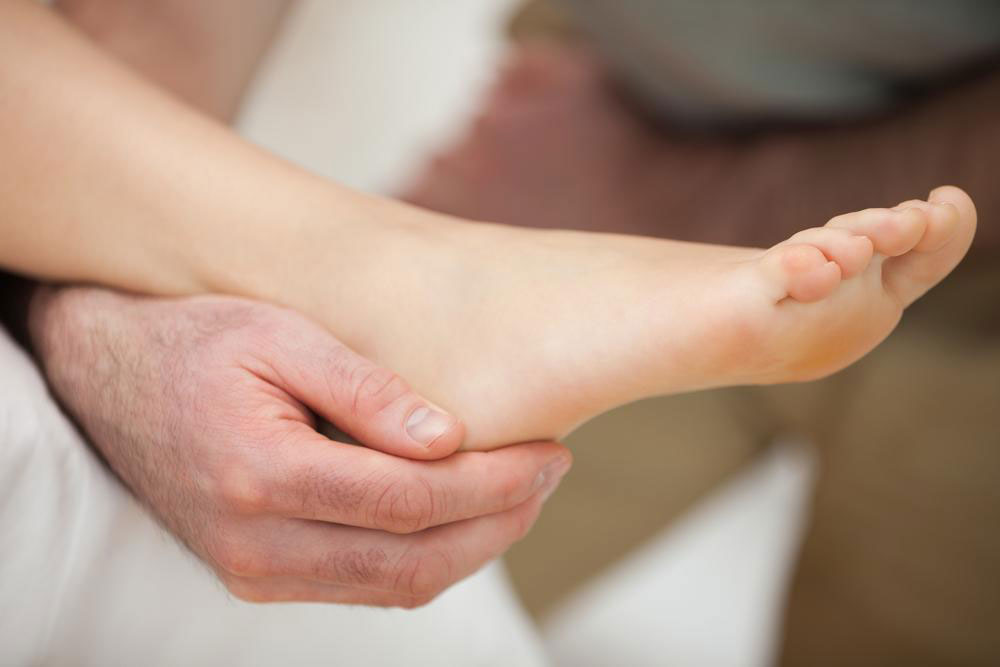Proven Strategies for Managing Foot Pain Ca caused by Peripheral Nerve Damage
Learn effective strategies to manage foot pain caused by peripheral nerve damage. This guide covers causes, symptoms, diagnosis, and treatment options, including medications, therapies, and lifestyle tips to ease neuropathic discomfort and improve quality of life.

Proven Strategies for Managing Foot Pain Caused by Peripheral Nerve Damage
Foot pain resulting from peripheral nerve damage occurs when nerve fibers connecting the brain and spinal cord to the feet are compromised. Such nerve injury can stem from trauma, infections, or other health conditions, leading to persistent discomfort. Understanding neuropathic foot pain involves exploring its causes, symptoms, diagnosis, and effective treatment options. Below, we detail what neuropathic foot pain is, factors contributing to it, its signs, diagnostic methods, and various management approaches.
What is neuropathic foot pain?
The human body's peripheral nervous system forms an intricate network originating from the brain and spinal cord, extending to the arms, legs, and feet. Its primary role is transmitting nerve signals that control sensation and movement. When nerve fibers sustain damage from injury, infection, or disease, they disrupt normal communication, resulting in neuropathic pain in the affected areas, such as the feet.
Several factors can lead to nerve dysfunction and foot pain, including:
Excess alcohol consumption
Spinal injuries or hip and leg issues
Chronic illnesses like diabetes or cancer
Obesity
Physical trauma
Underlying conditions such as kidney disease or arthritis
Nerve-related neurological disorders
Vitamin B deficiencies (B1, B6, B12), or vitamin E deficiency
Advancing age, particularly over 40
Recognizing symptoms of neuropathic foot pain
Sharp, shooting sensations
Loss of sensation or numbness
Persistent tingling
A sensation of heaviness or sluggishness in the feet or legs
Thin skin on the feet
Blood pressure fluctuations
Excessive sweating
Digestive issues such as diarrhea or constipation
Back discomfort
Symptoms can vary among individuals; some may experience a combination, while others may have only one or two signs.
Diagnosis of neuropathic foot pain
If you notice symptoms like shooting pain or numbness, consult a healthcare professional promptly. The initial assessment involves physical examination, medical history review, and questioning about symptoms. Diagnostic tests such as blood work to check vitamin and metabolic levels, nerve conduction studies, CT scans, or MRIs are employed to pinpoint the root cause.
Management options for peripheral neuropathy-related foot pain
Medical treatments: Over-the-counter pain relievers such as aspirin or ibuprofen may provide temporary relief but should be used cautiously and not long-term. For severe pain, doctors may prescribe NSAIDs, opioids like morphine, or antidepressants. Topical creams containing capsaicin can soothe nerve irritation.
Therapeutic approaches: Blood transfusion therapy, aimed at removing harmful antibodies and improving circulation, can be considered. Physical therapy enhances muscle strength and joint flexibility. In cases of nerve compression or tumors, surgical intervention might be necessary. Supportive devices like braces help keep feet and legs in proper alignment, reducing stress and discomfort.
Complementary treatments include acupuncture and massage therapy. Lifestyle modifications such as avoiding alcohol and tobacco, maintaining a nutritious diet, and regular exercise are vital. Self-care tips include:
Wearing protective footwear
Maintaining foot hygiene
Avoiding excessive strain on the feet
Preventing falls and injuries
Regularly moving the feet and legs










